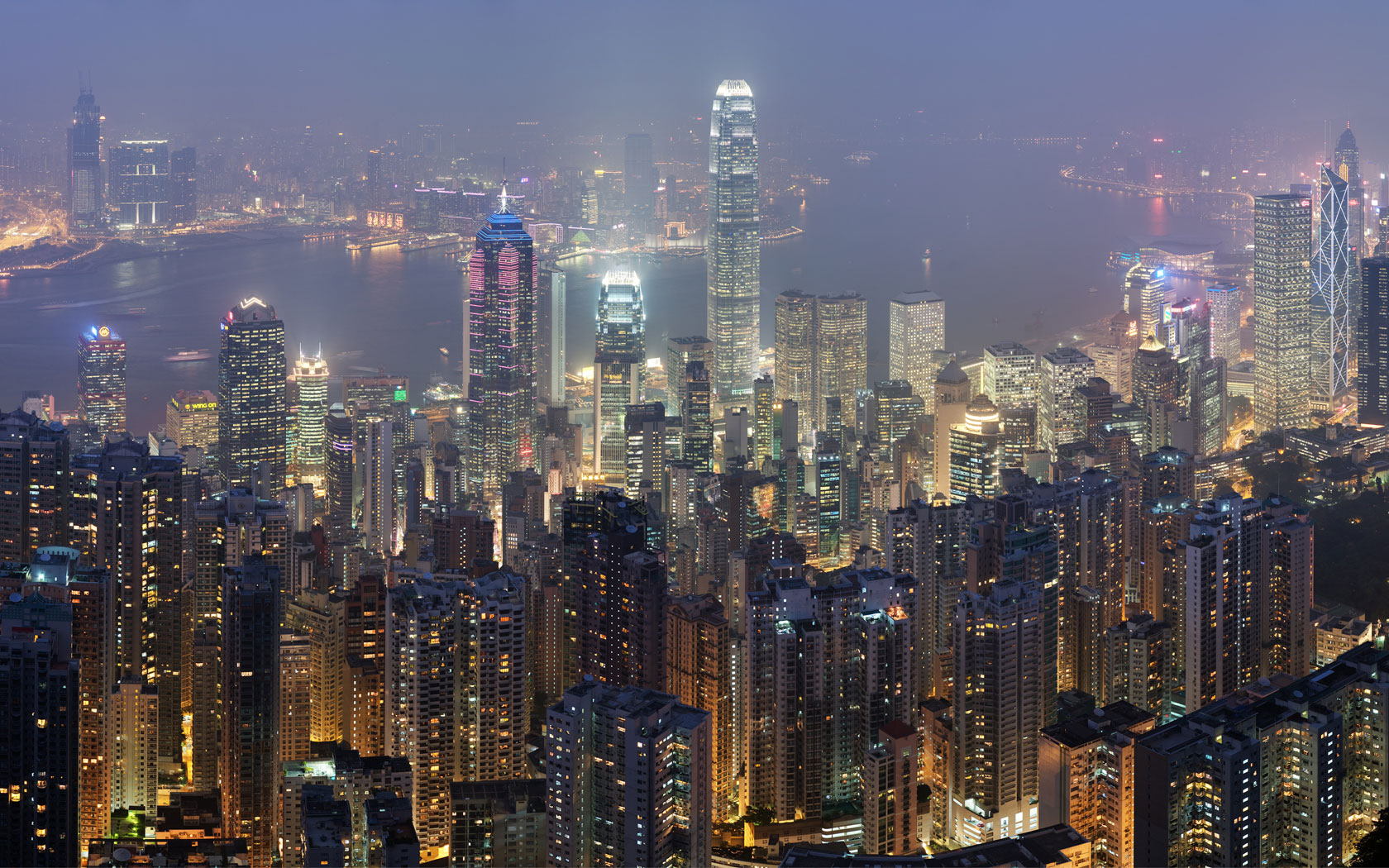The pandemic has exposed South-East Asia’s poor governance
IT HARDLY FOLLOWED the script intended by Thailand’s army-backed government. In the face of growing demonstrations calling for the resignation of the prime minister, a new constitution and a reformed monarchy, on October 15th the government imposed a “severe” state of emergency, banning gatherings of more than five people. Far from being cowed, a formless protest movement morphed into a determined opposition.
Young activists, many still at school, poured onto the streets of Bangkok. They brandished symbols of defiance, such as a three-fingered salute borrowed from the “The Hunger Games”, a dystopian novel, along with flashmob tactics inspired by Hong Kong’s protests. Activists already talk of victory. In a way, they are correct: longstanding taboos, such as one against criticism of the monarchy, have been smashed. The emergency decree was withdrawn on October 22nd.
The indignation felt by the prime minister and former coup leader, Prayuth Chan-ocha, and his cronies is palpable—a sense that protests are a gross display of ingratitude. After all, in health terms, the government handled the pandemic remarkably well, with a mere 3,709 covid-19 cases and 59 deaths. Thailand, heavily dependent on tourism, now wants to reopen to visitors. On October 20th the first planeload of Chinese holidaymakers landed in Bangkok.
...























